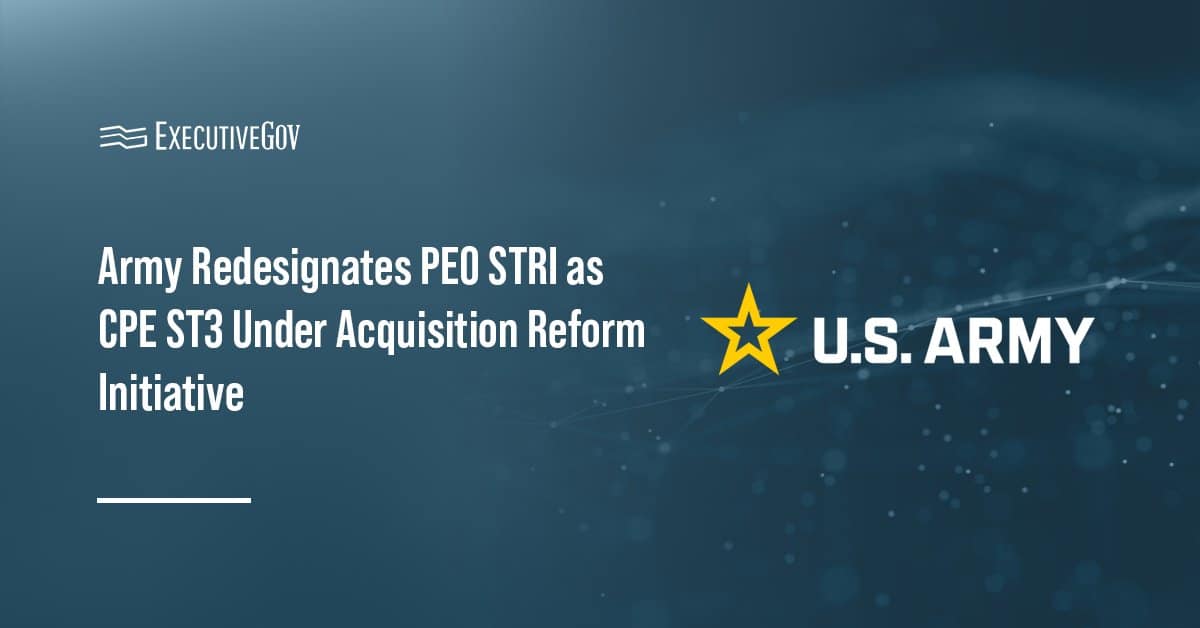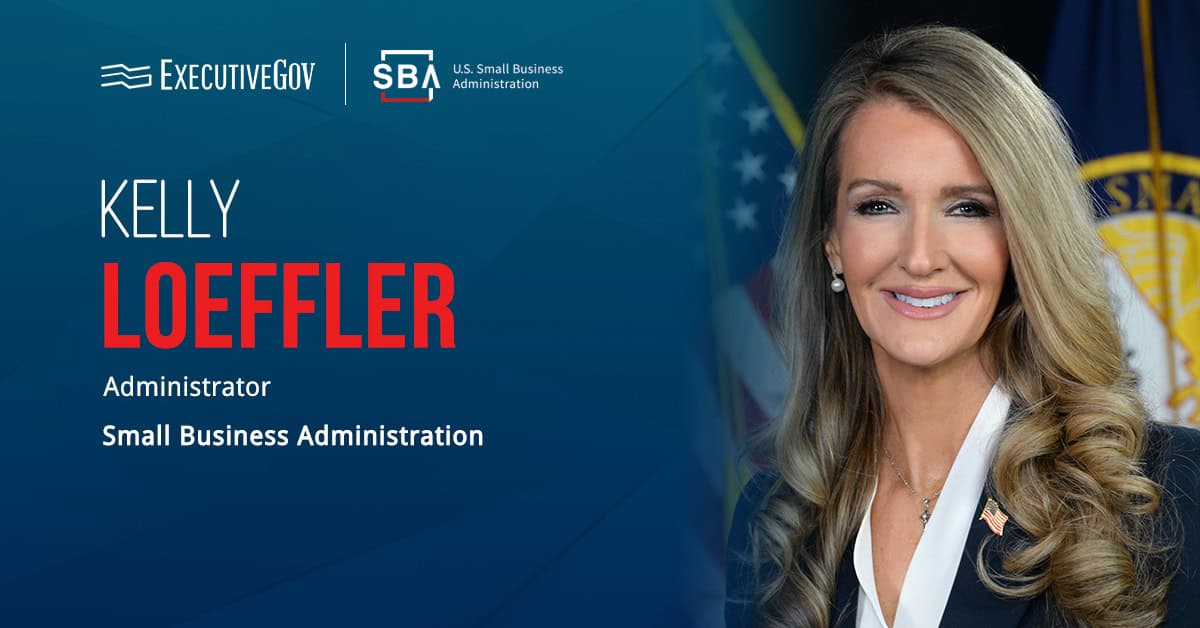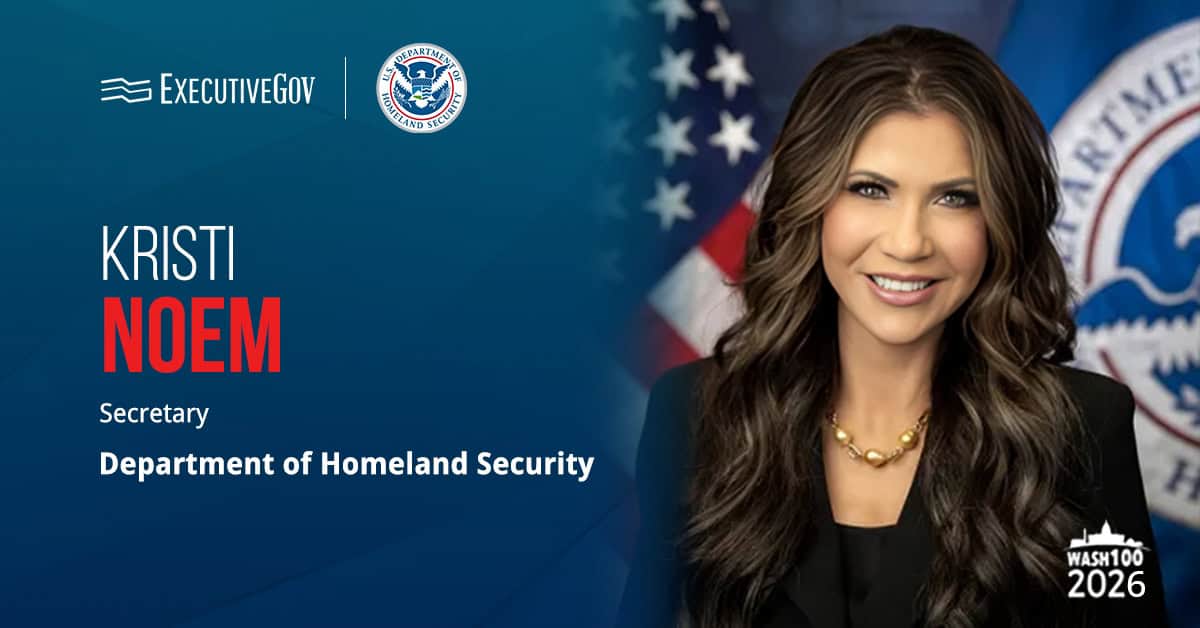
The Department of Energy is investing $59M in 43 projects to develop new vehicle technologies such as batteries, electric drive systems, alternative fuels and engines. The projects would help DOE bolster national security, boost the country’s dominance in the energy industry, foster economic growth and reduce transportation costs for U.S. citizens, the department said Friday.
“At DOE, we support a broad portfolio of technologies, generating the knowledge needed for industry to further develop and commercialize affordable, secure and reliable transportation systems,” said Mark Menezes, undersecretary of energy.
The department hopes the projects will result to powertrains, fuels and mobility systems that support energy efficiency.





